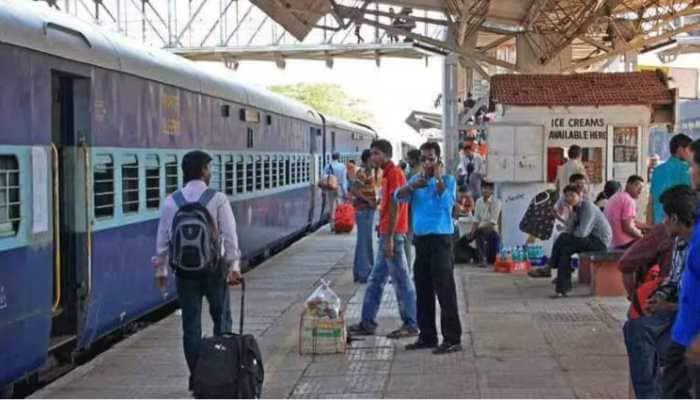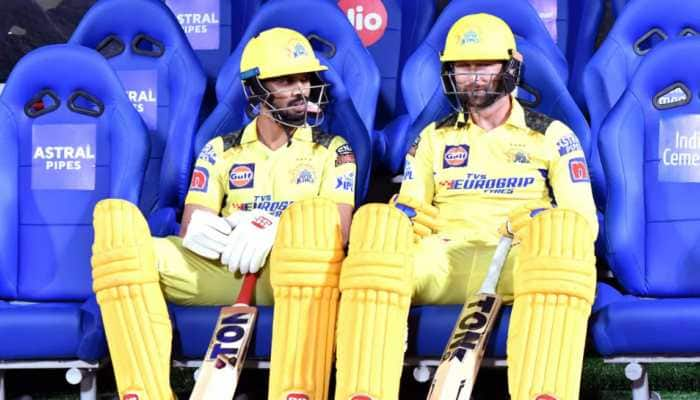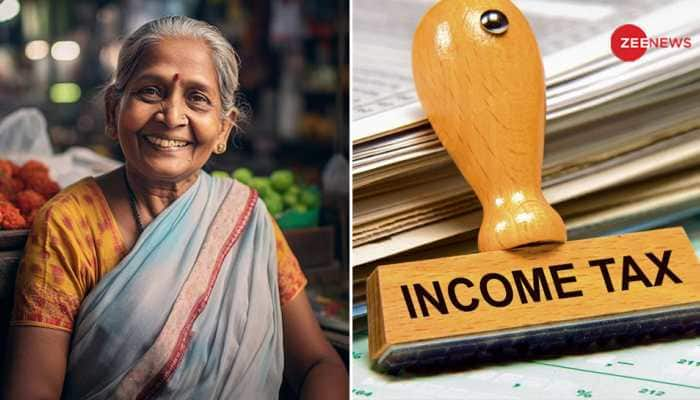Jagmohan Dalmiya: Indian cricket loses its finest administrator
Trending Photos
)
On Sunday night, with the passing away of Jagmohan Dalmiya, world cricket lost one of its finest administrators.
Dalmiya passed away at the BM Birla hospital in Kolkata, where he was hospitalised after suffering a cardiac attack on Thursday evening.
Dalmiya, who joined BCCI as its treasurer in 1983, was the one who along with bureaucrat Inderjit Singh Bindra helped South Asia win the right to stage the World Cup in 1987 and 1996. As a treasurer, Dalmiya not only transformed the finances of Indian cricket, but also made BCCI’s presence felt globally.
After the 1996 World Cup, which did exceptionally well financially, Dalmiya was no more an unknown name as he aimed for the next level – the ICC. In the same year, Dalmiya received 23 votes to 13 for Australia's Malcolm Gray in an election for Chairman of the International Cricket Council, but failed to attain the two-thirds majority necessary under the ICC Constitution.
However, in 1997 he was unanimously elected president of the ICC. In the next three years, he contributed massively towards reforming Indian cricket globally and the BCCI became one of the most powerful, richest cricketing bodies.
Dalmiya was known for going out of his way to help and back the Indian cricketers. One of such incidents happened during India’s overseas tour to South Africa in 2011.
During one of the matches, ICC referee and former England captain Mike Denness found Sachin Tendulkar and five more Indian players guilty of a technical breach of the rules. While Tendulkar was charged with tampering the match ball, Virender Sehwag was fined for showing dissent at the umpire's decision. Harbhajan Singh, Deep Dasgupta and Shiv Sunder Das were reprimanded for excessive appealing and skipper Sourav Ganguly was accused for not being able to control his players. All the players were fined 75 percent of their match fees and received one Test match bans.
Denness’s decision triggered a huge controversy and while the then ICC chief executive Malcolm Speed decided to back Denness, Dalmiya, expectedly, decided to back his players. The result was in favour of Dalmiya as the third Test became an unofficial one, the ban on Sehwag was upheld but Tendulkar and Ganguly were let off.
It was also the end of Denness' career. The former England batsman served as match referee in only two more Tests and three ODIs and was not reappointed by the ICC the following year.
While he seemed invincible when it came to contesting elections for the most part of his tenure, Dalmiya suffered his first defeat in 2005, when Sharad Pawar beat Ranbir Singh Mahendra, who was Dalmiya's man. Pawar & Co went for the kill and an FIR was filed against Dalmiya for misappropriation of funds and he was also banned from attending BCCI meetings.
Dalmiya however, continued to fight and since then made several comebacks in the BCCI. In 2013, he replaced N Srinivasan as the interim president following the latter’s alleged involvement in an IPL spot-fixing scandal, which rocked the Indian cricket.
In March earlier this year, Dalmiya returned as BCCI president after a decade with Anurag Thakur being the new secretary and Anirudh Chaudhary being the new treasurer.
Since then, they have tried their best to re-establish the faith of the fans in the board after it received massive criticism under Srinivasan’s tenure. The changes have been positive which has been evident from the decision-making in the last few series where deserving players were recalled into the squad.
However, Dalmiya’s departure has come as a big blow for the BCCI and while the war on who will be the next president is likely to begin in full flow, Indian cricket will always remain indebted towards Dalmiya for his incredible contribution.
While the current generation of cricketers have a back-up plan ready with so many T20 tournaments being played across the world, the veterans will know the real worth of Dalmiya - the man who did a lot to transform Indian cricket into a financial powerhouse.
Stay informed on all the latest news, real-time breaking news updates, and follow all the important headlines in india news and world News on Zee News.
Live Tv







)
)
)
)
)
)
)
)
)
)
